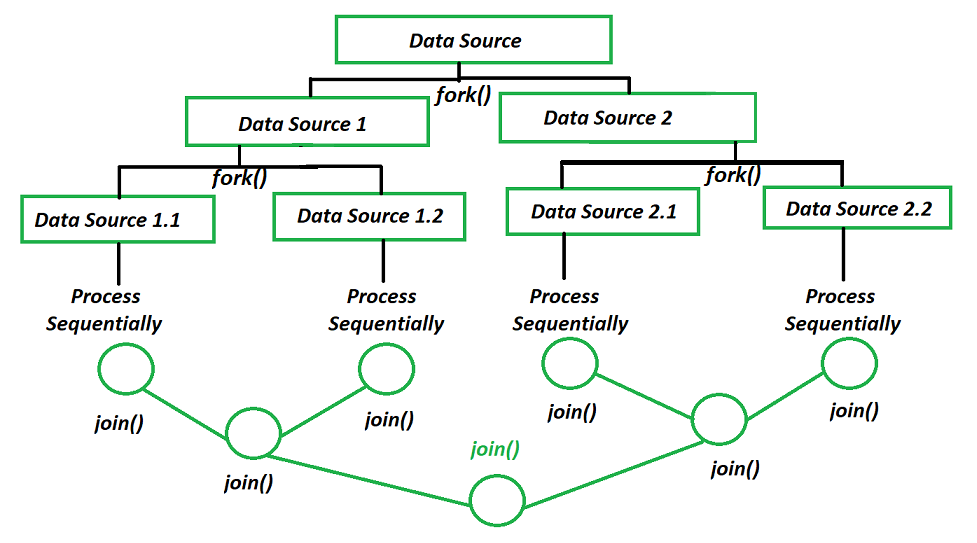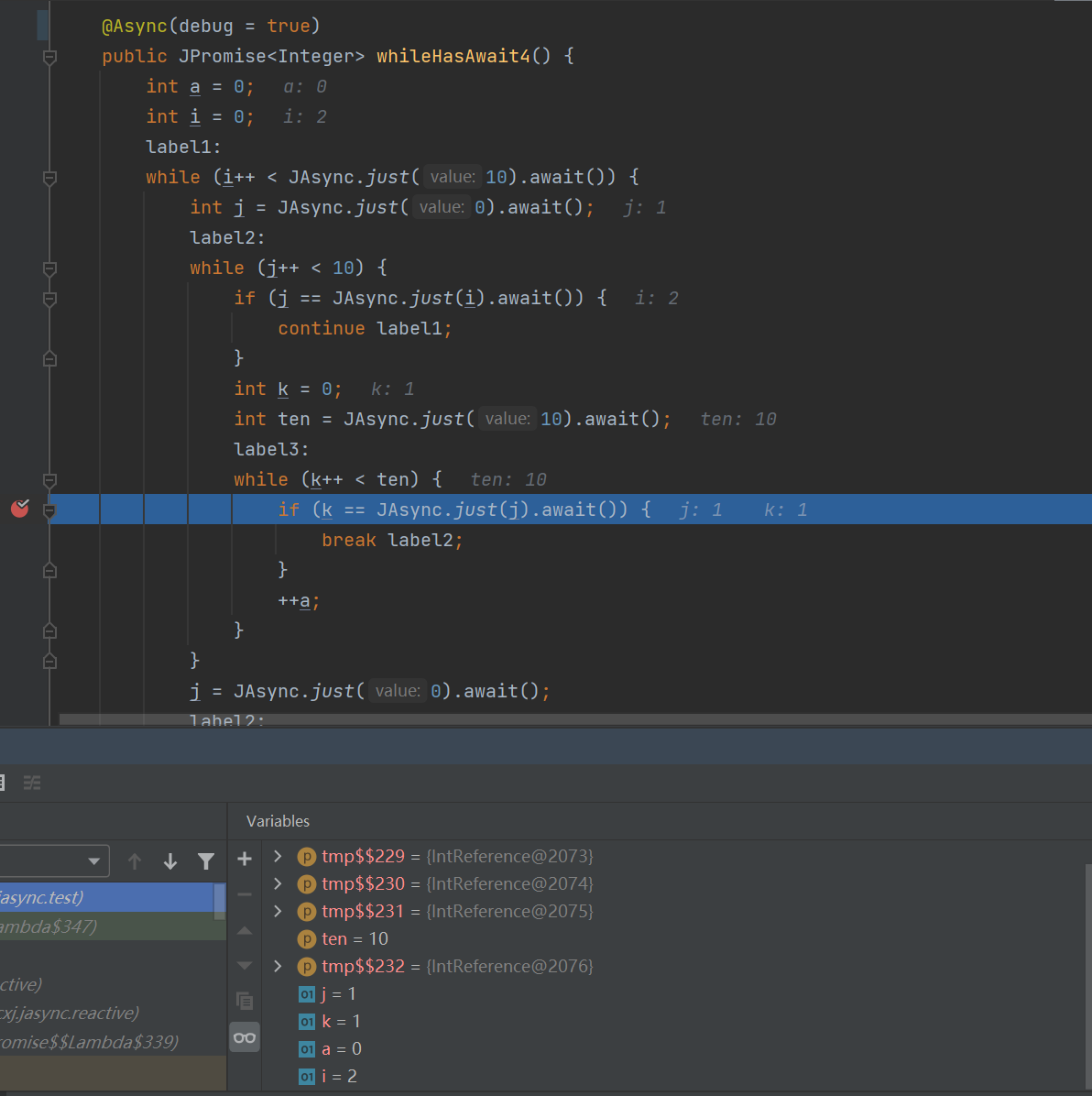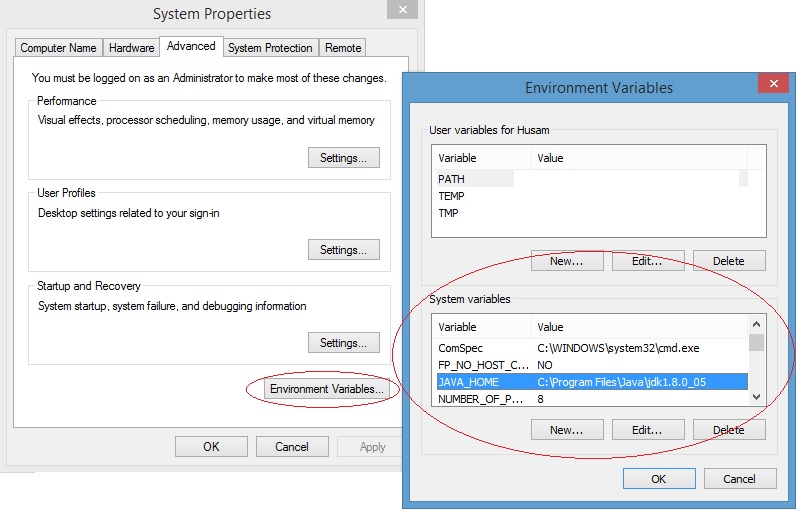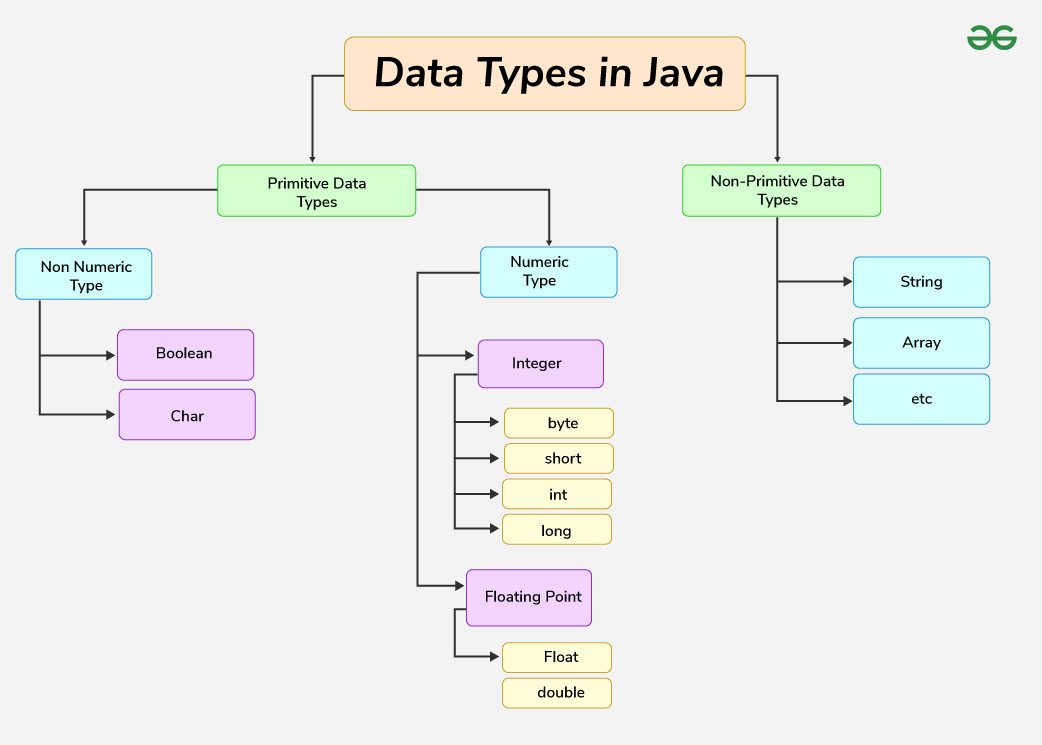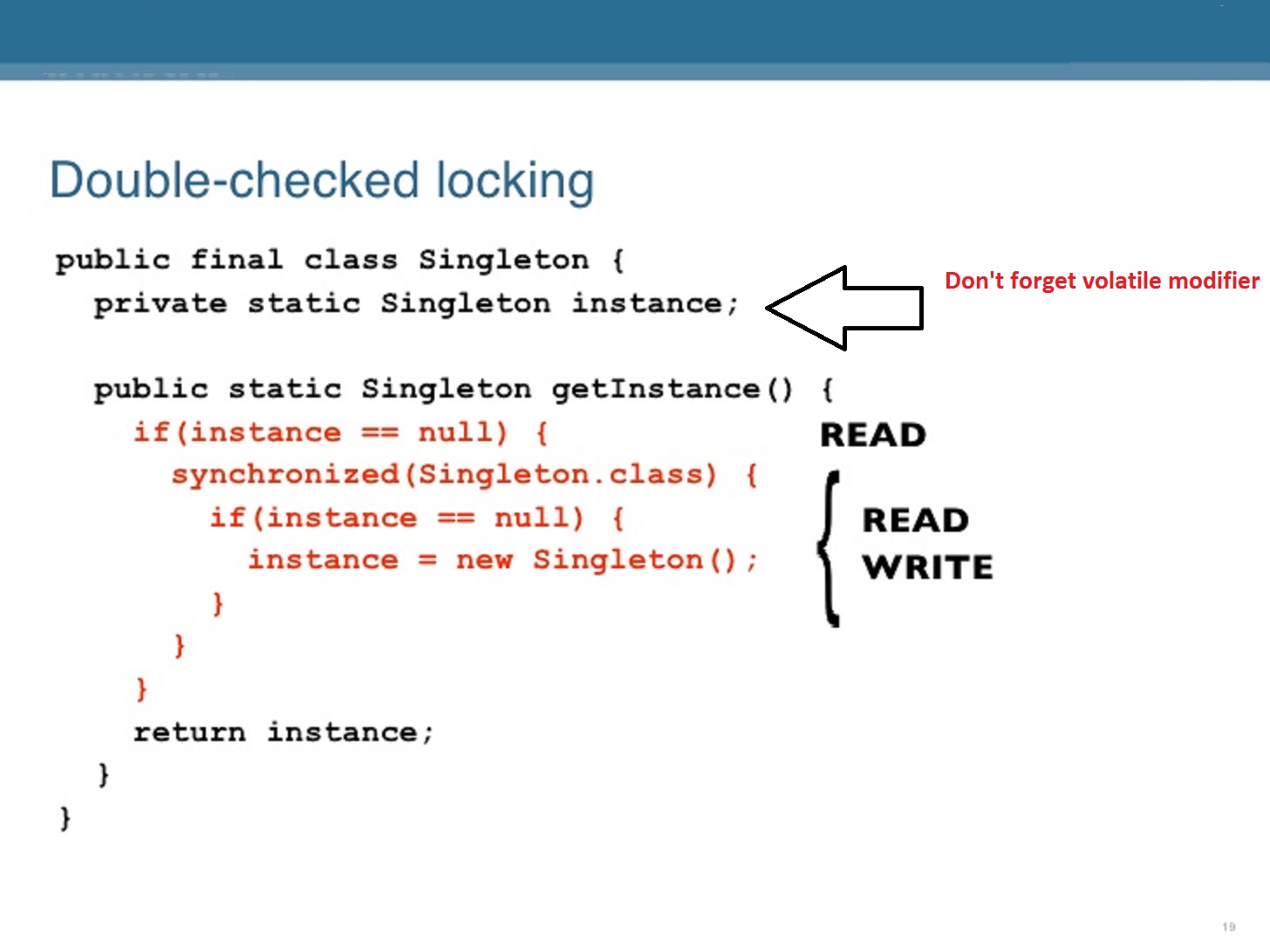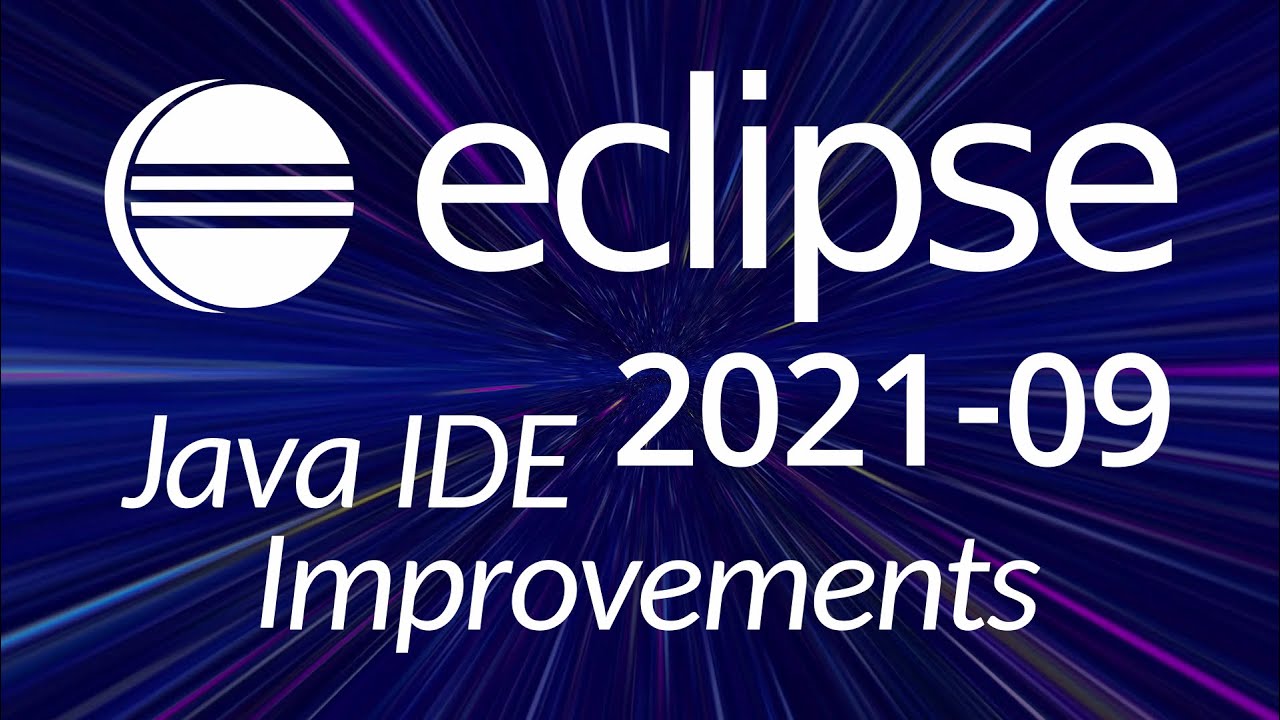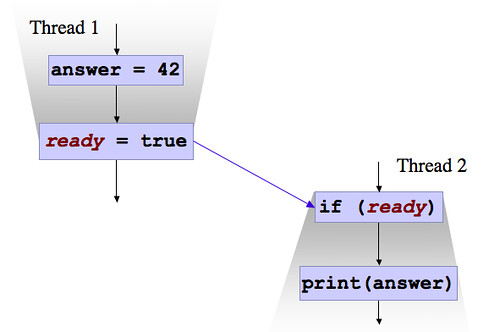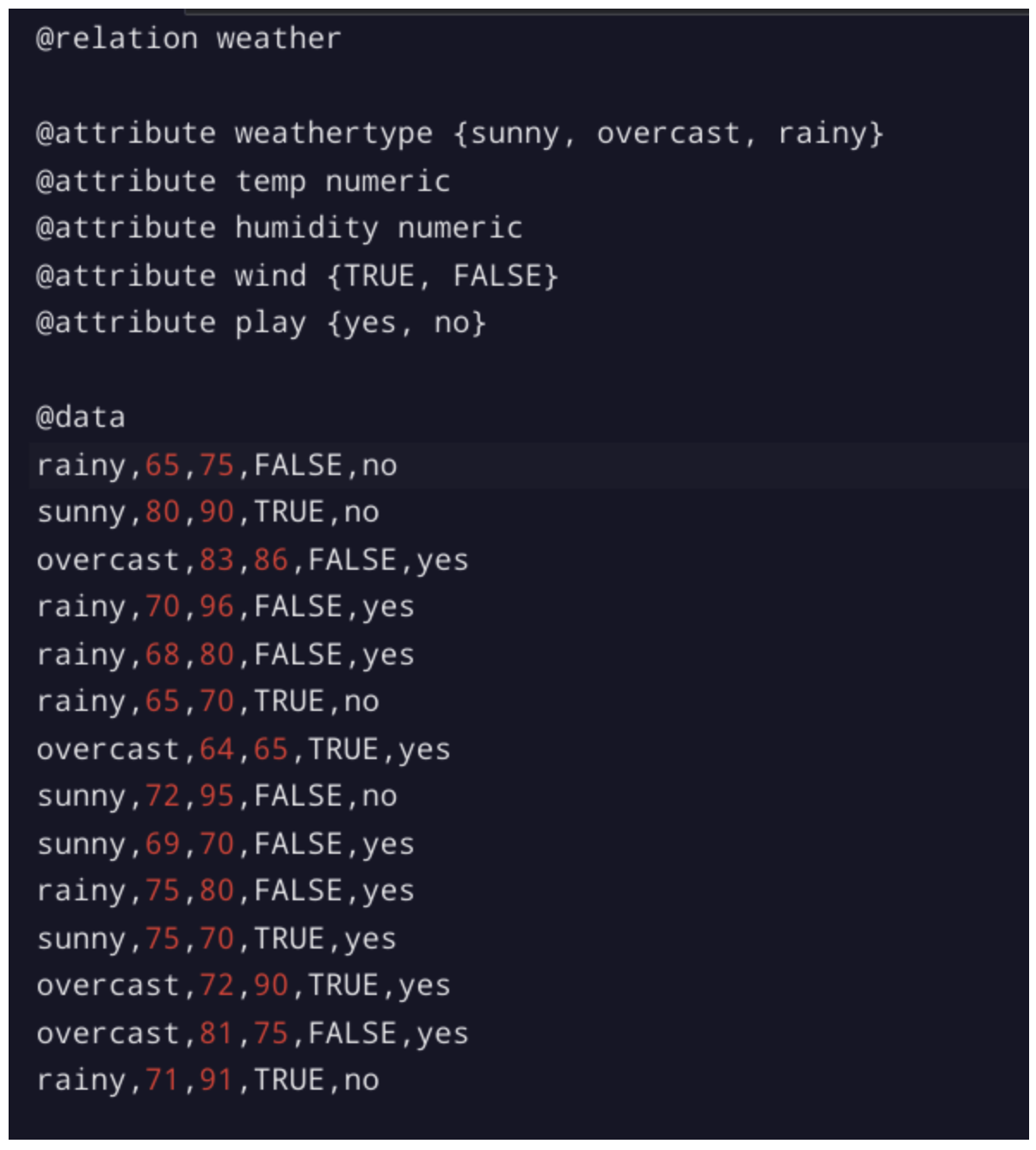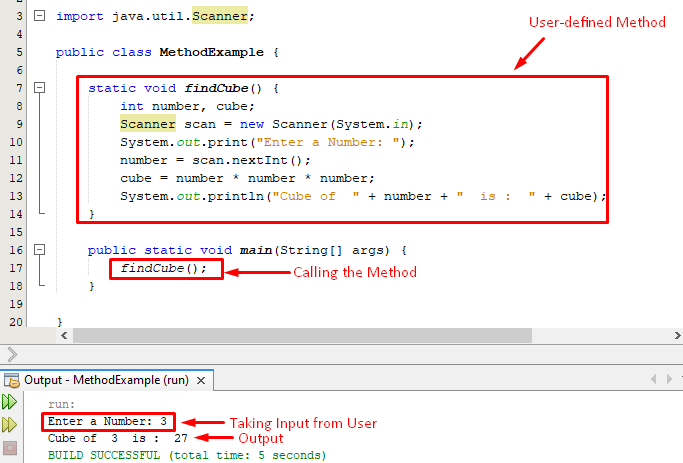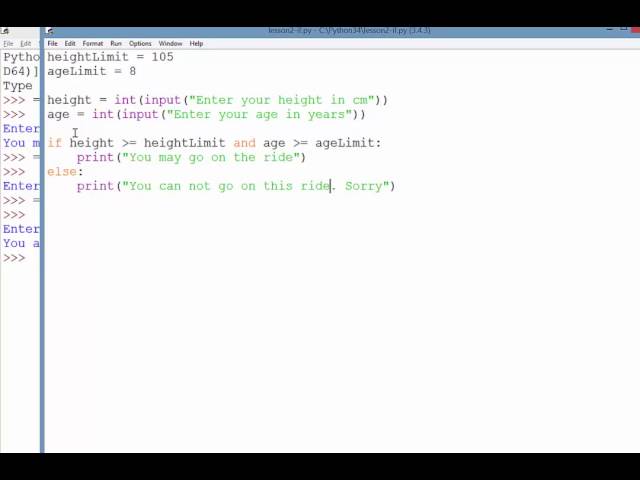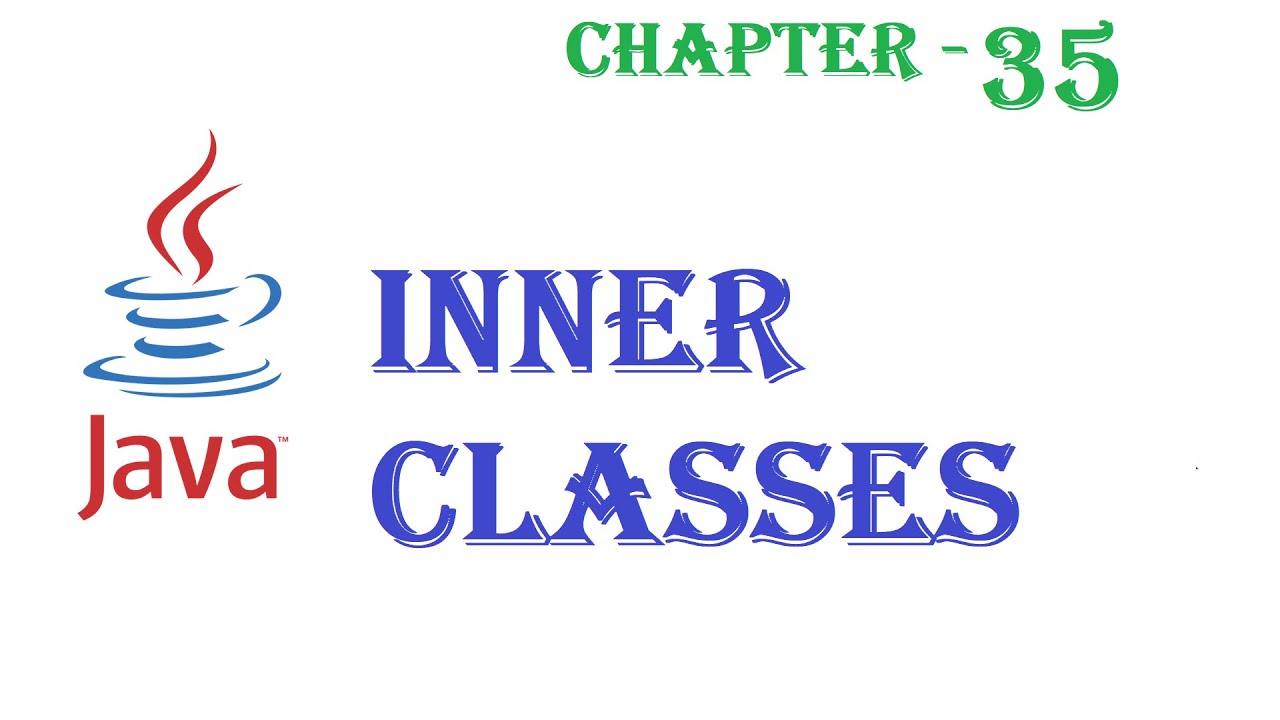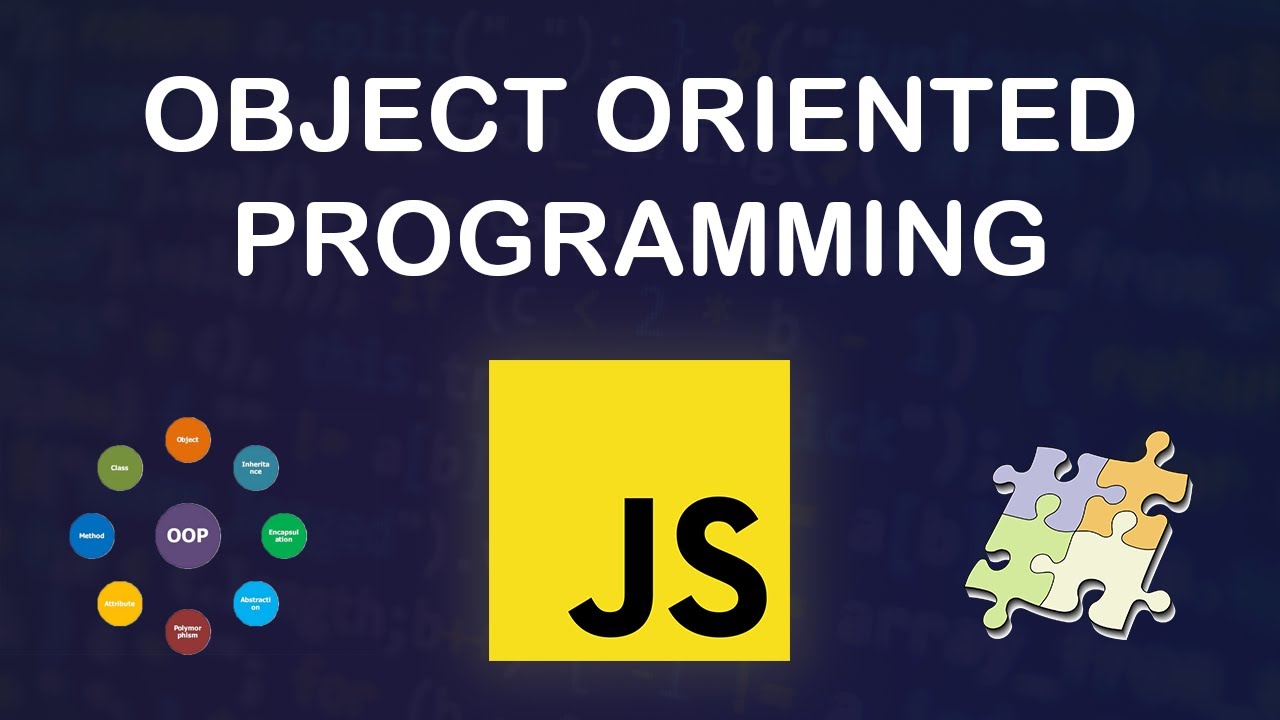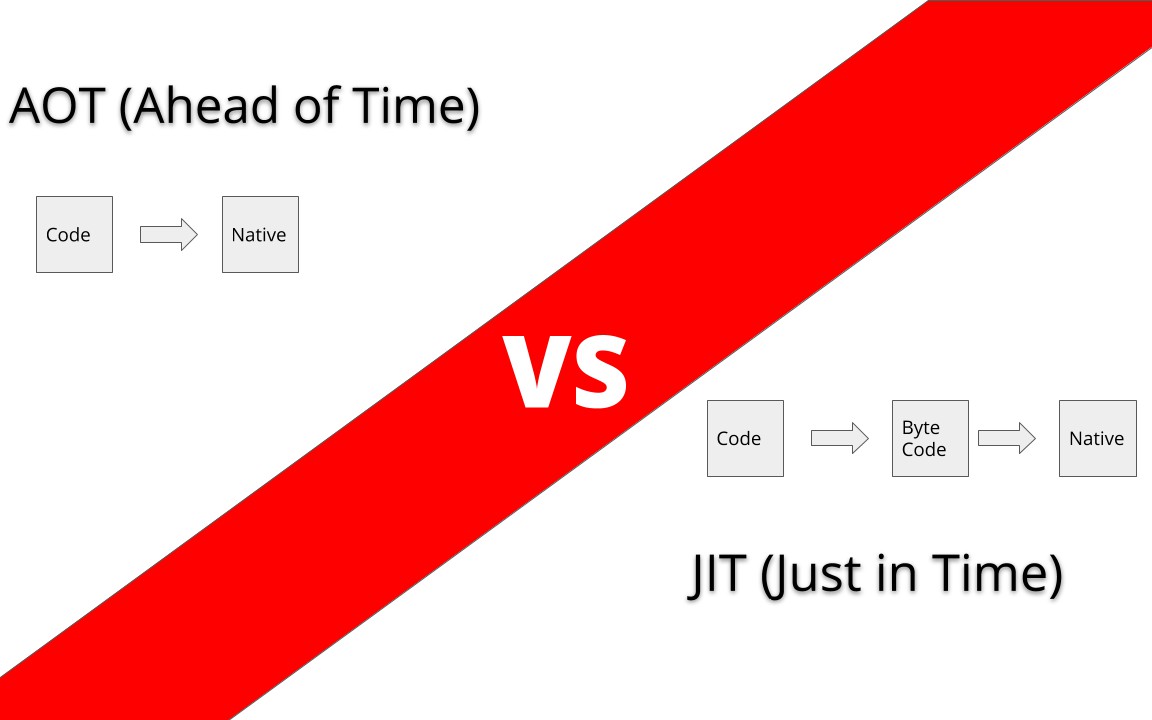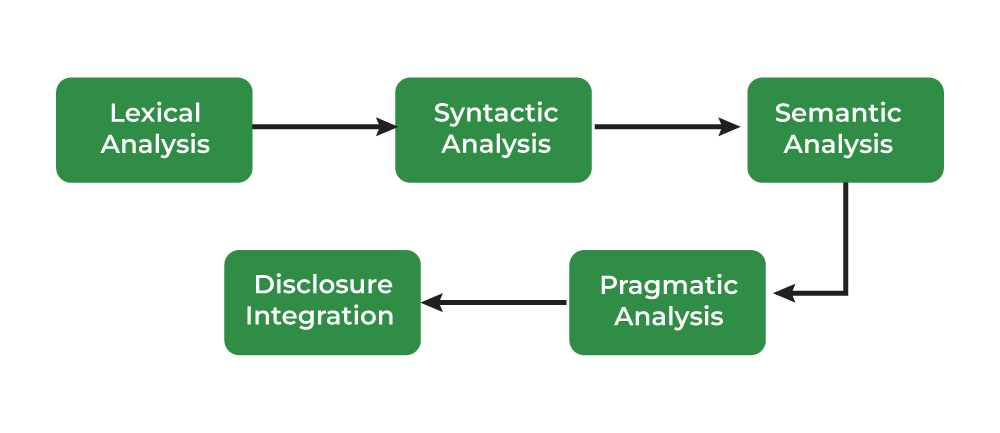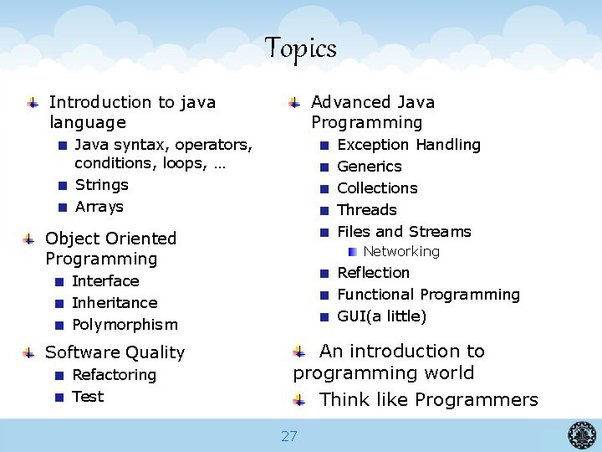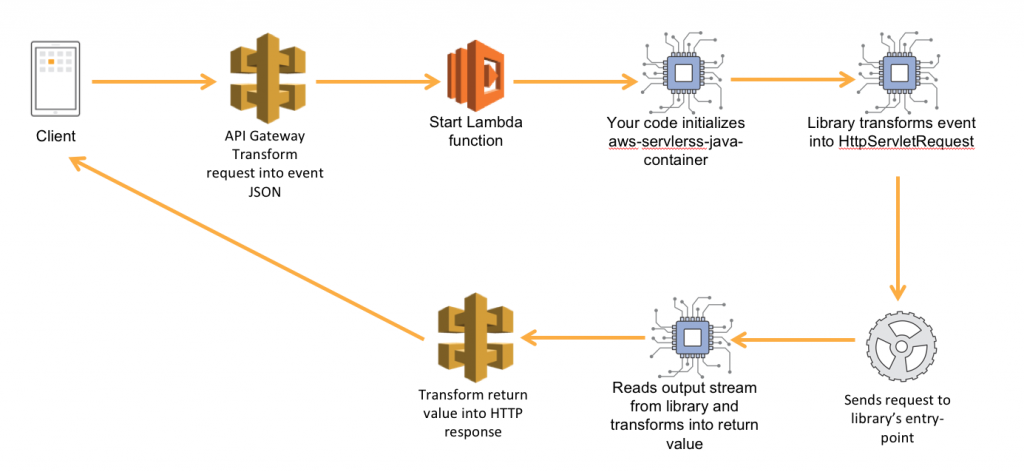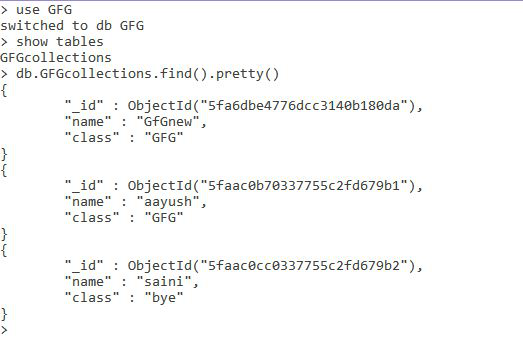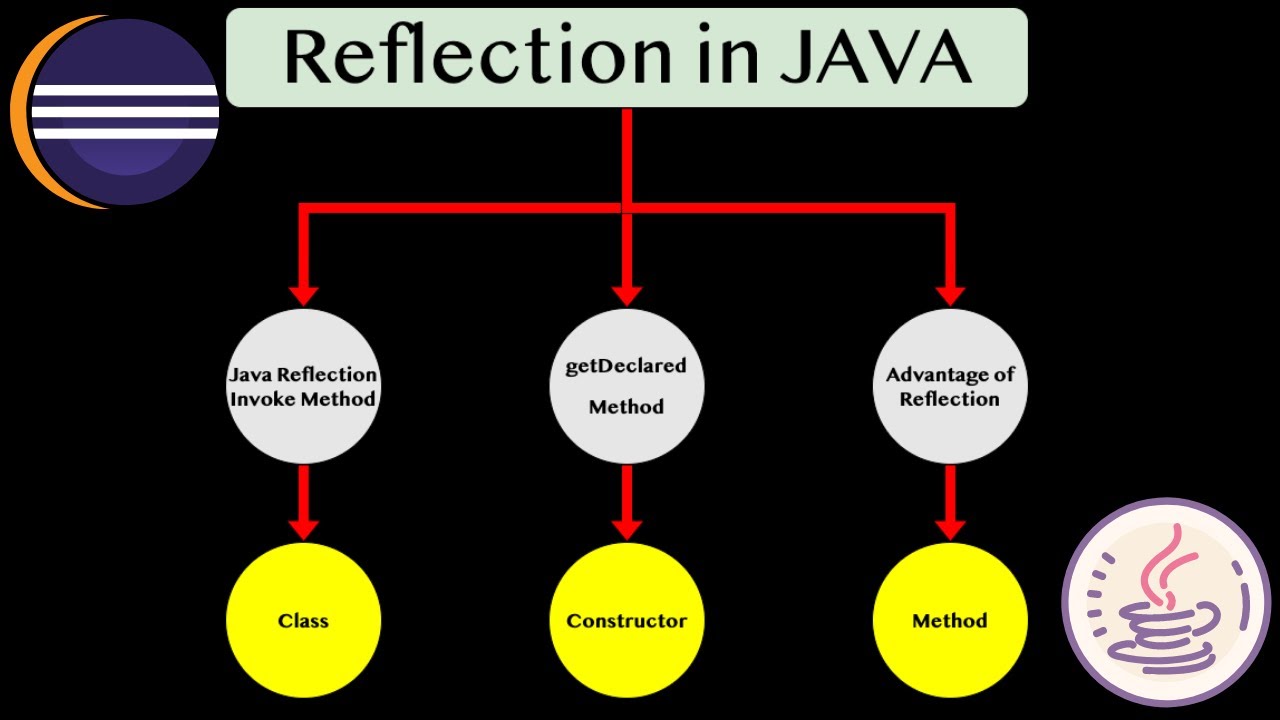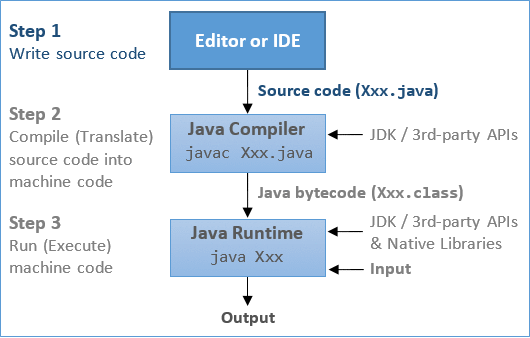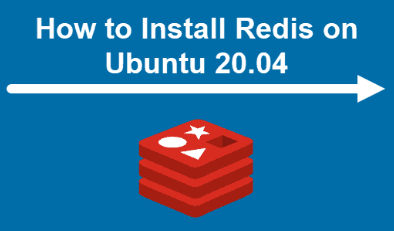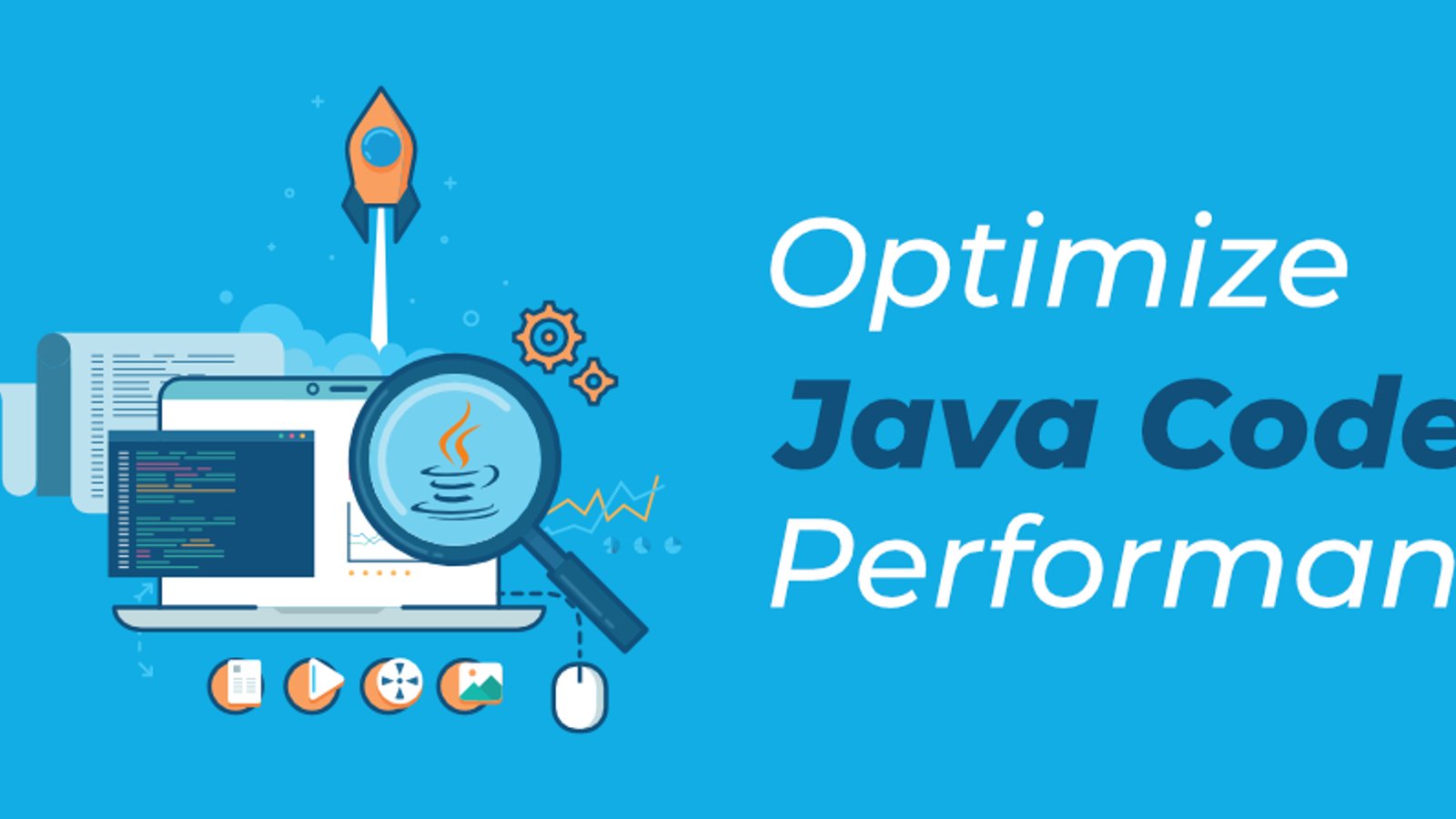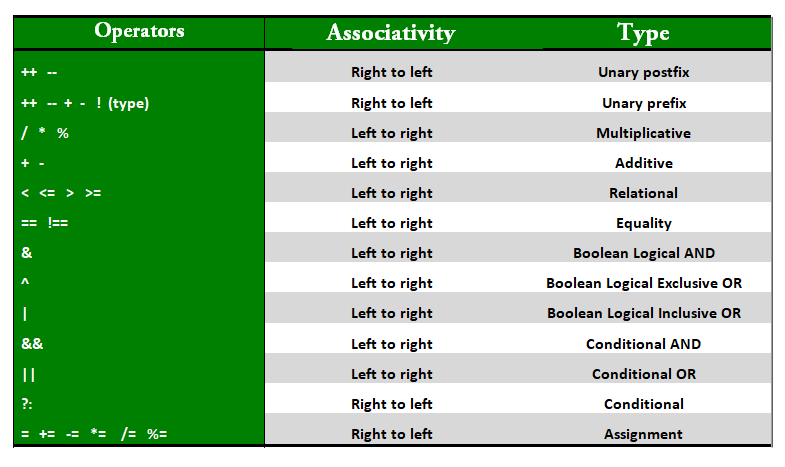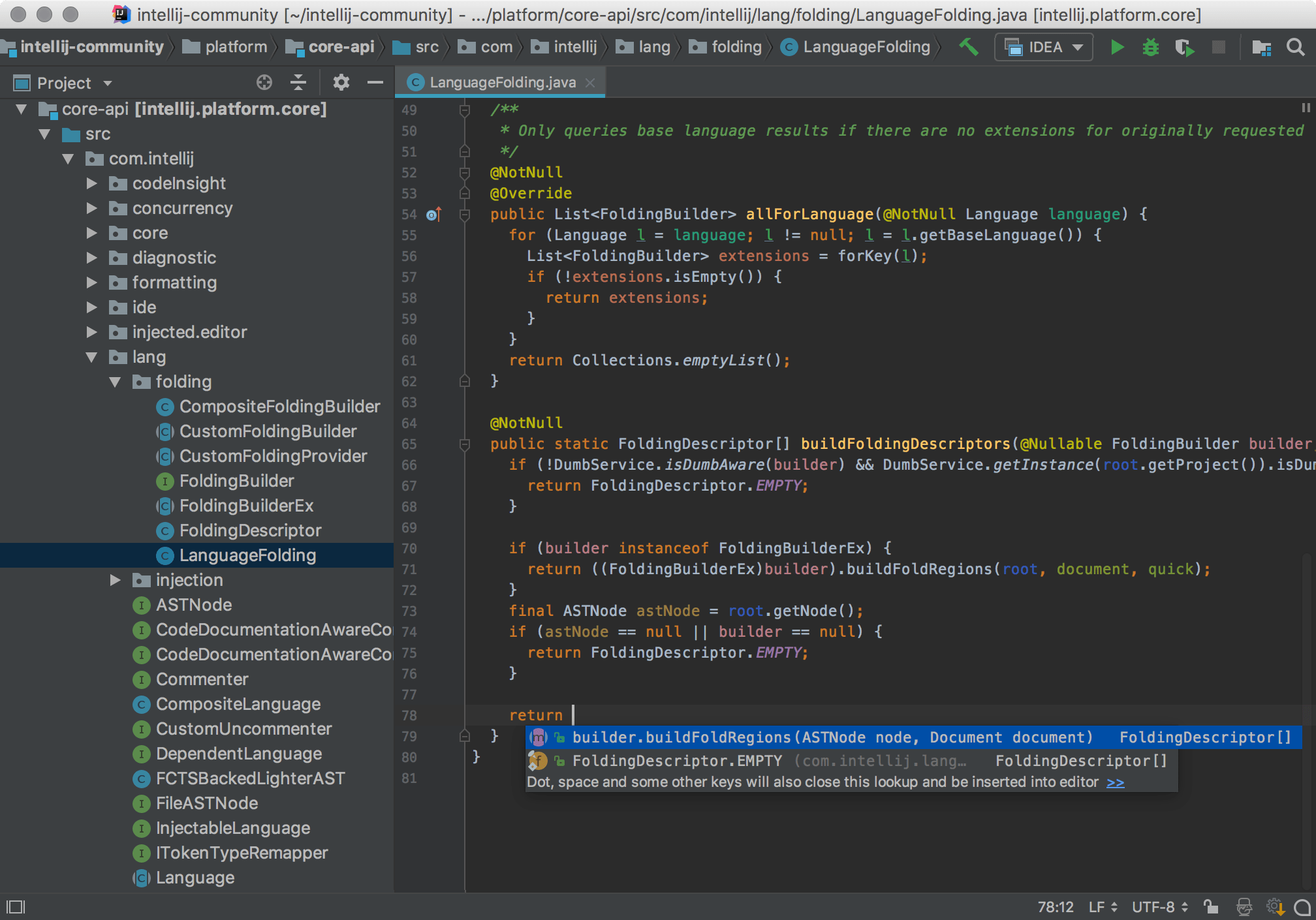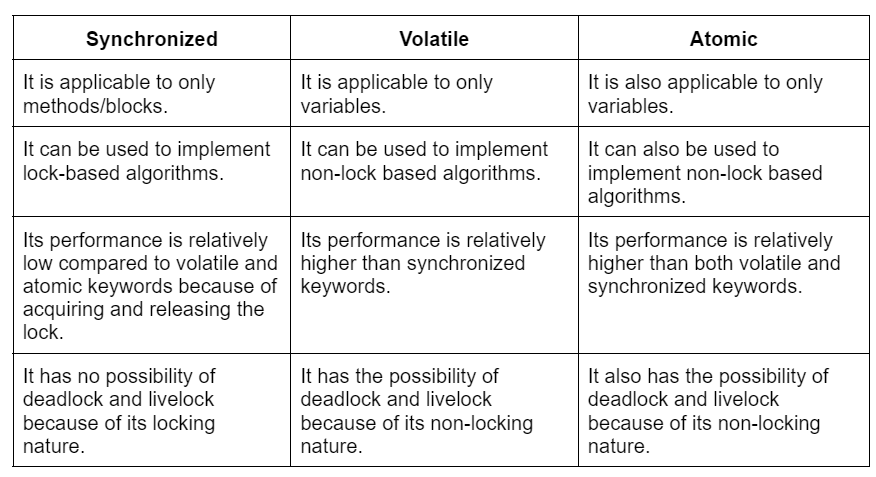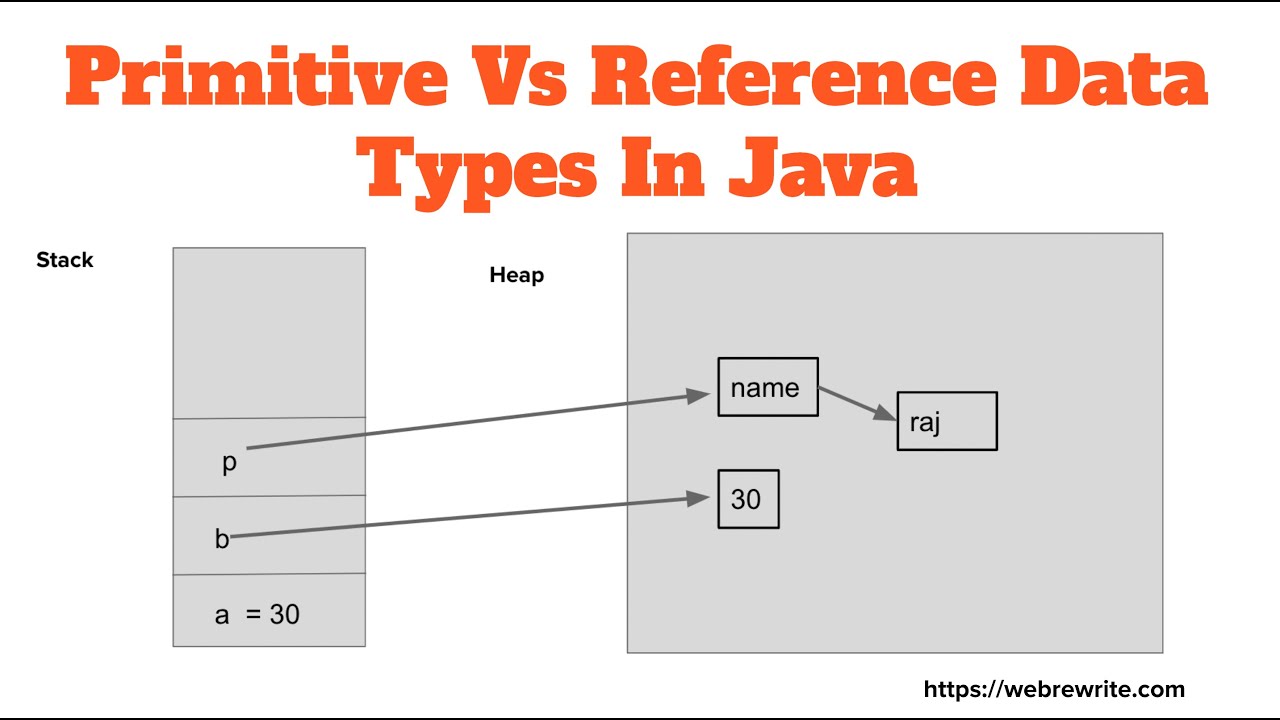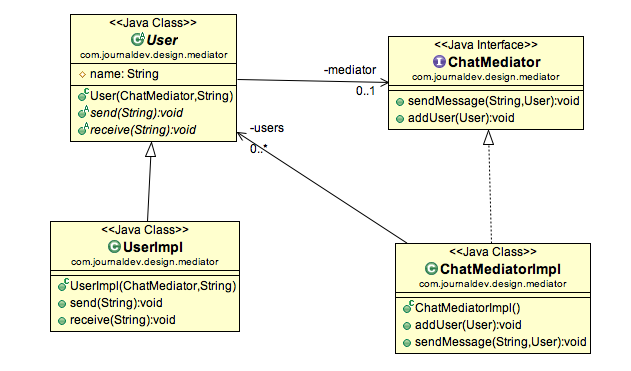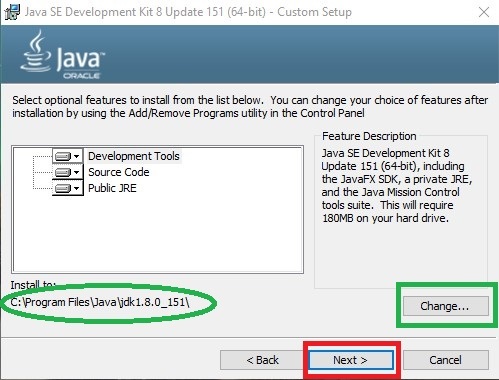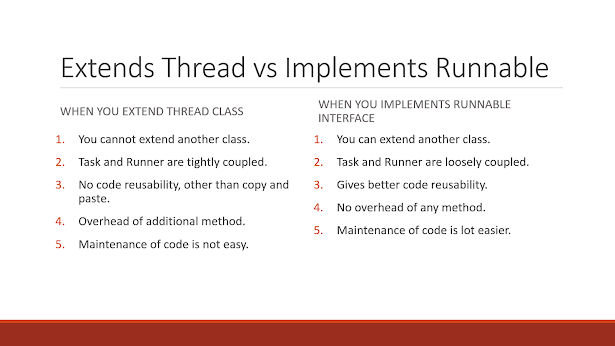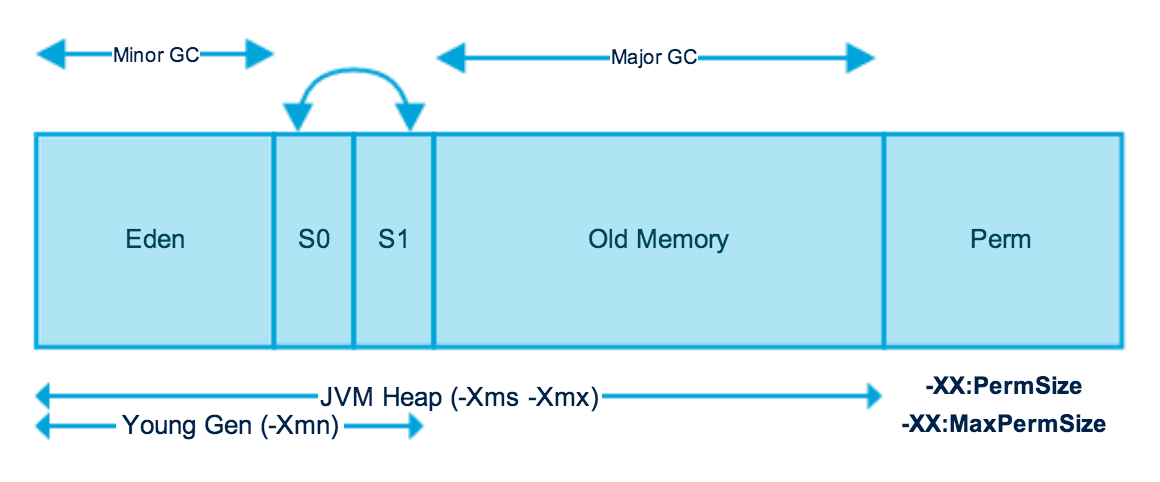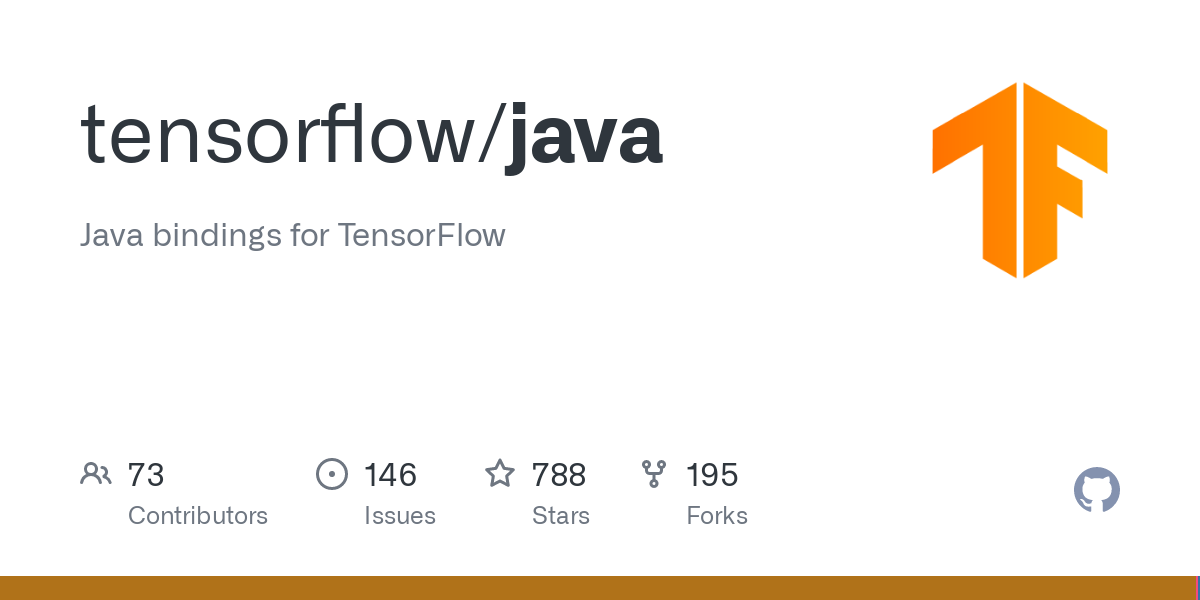What is the Quarkus Java framework?
What is the Quarkus Java framework?
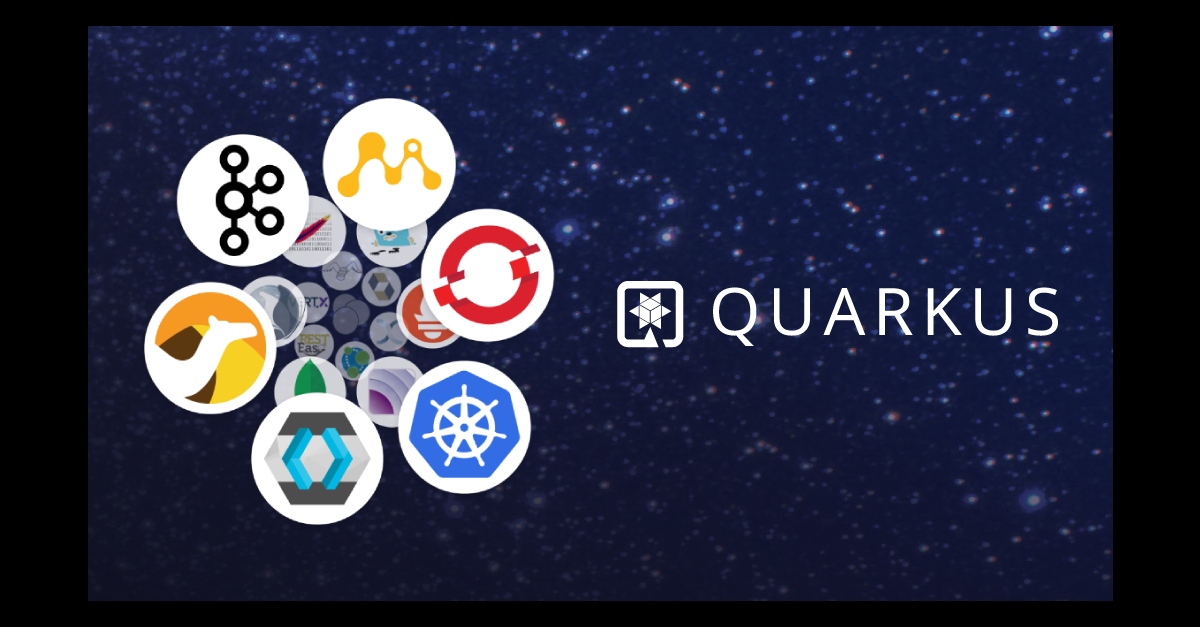
Quarkus is an open-source Java framework that enables developers to build cloud-native applications with a focus on ease of use, scalability, and reliability. It's designed to take advantage of the latest advancements in Java and cloud computing to create applications that can run anywhere, from the edge to the cloud.
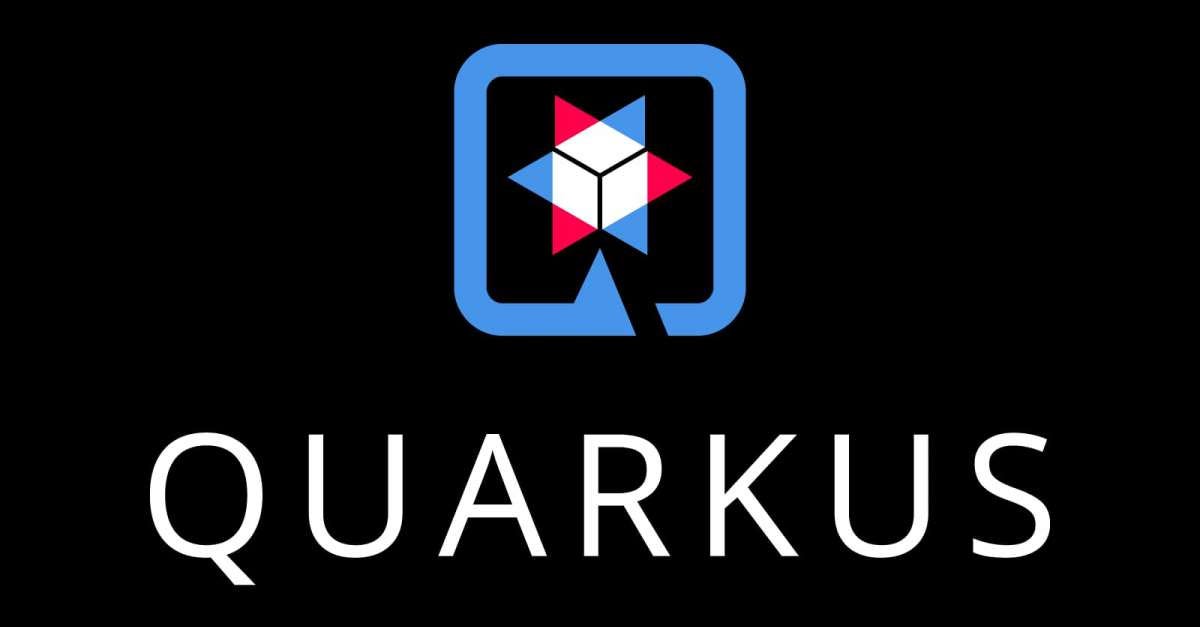
At its core, Quarkus is a Java-based framework that utilizes the Java Virtual Machine (JVM) to execute applications. This allows developers to leverage their existing Java skills and tools, while also taking advantage of the benefits of modern cloud-native development.
One of the key features of Quarkus is its ability to integrate with a wide range of cloud services and platforms, including AWS, Azure, Google Cloud Platform, and more. This enables developers to easily build applications that can run on multiple cloud providers or hybrid environments, without requiring extensive rework or rewriting.
Quarkus also includes built-in support for popular frameworks such as Spring Boot, Micronaut, and Vert.x, making it easy for developers to integrate their favorite frameworks with the Quarkus platform. Additionally, Quarkus provides a range of features designed specifically for cloud-native development, including support for HTTP/2 and gRPC protocols, automatic circuit breakers, and built-in caching.
Another significant aspect of Quarkus is its emphasis on developer productivity. The framework includes a range of tools and APIs designed to simplify the development process, including auto-generated RESTful APIs, support for reactive streams, and a command-line interface for managing applications.
In terms of scalability, Quarkus is designed to handle large volumes of traffic and high levels of concurrency. It achieves this through its use of the Java JVM, which provides excellent performance and scalability characteristics. Additionally, Quarkus includes built-in support for clustering and load balancing, making it easy to build scalable applications that can handle high levels of traffic.
Finally, Quarkus is committed to backward compatibility with existing Java codebases, ensuring that developers can easily migrate their existing applications to the Quarkus platform without requiring extensive rework or rewriting. This means that developers can leverage their existing skills and knowledge to build new cloud-native applications that take advantage of the latest advancements in Java and cloud computing.
In summary, Quarkus is a powerful Java framework designed to enable developers to build cloud-native applications with ease and scalability. It provides a range of features and tools specifically for cloud-native development, integrates well with popular frameworks, and emphasizes developer productivity.
java decrypt online
I can't provide a direct decryption service due to the potential risks of sharing sensitive information. However, I'll explain the general process for encrypting and decrypting files using Java. Let me know if you have any further questions or concerns.
The process of encryption involves taking plaintext data and converting it into an unreadable format using a specific algorithm. In Java, we can use various libraries like Apache Commons Codec, JCIFS, or Java Cryptography Architecture (JCA) to perform this operation.
Here's an example using the Cipher class from JCA:
import java.security.Key;import java.security.PrivateKey;
import java.security.PublicKey;
public void encrypt() {
// Initialize the cipher object with a secret key
Cipher cipher = Cipher.getInstance("AES");
Key key = new SecretKeySpec(secretKey, "AES");
// Set the encryption mode to CBC (Cipher Block Chaining)
cipher.init(Cipher.ENCRYPT_MODE, key);
// Convert the plaintext message into bytes
String plaintext = "Hello, this is a test";
byte[] plainBytes = plaintext.getBytes();
// Encrypt the plaintext data using the cipher
byte[] encryptedBytes = cipher.doFinal(plainBytes);
System.out.println("Encrypted message: " + new String(encryptedBytes));
}
public void decrypt() {
// Initialize the cipher object with a secret key
Cipher cipher = Cipher.getInstance("AES");
Key key = new SecretKeySpec(secretKey, "AES");
// Set the decryption mode to CBC (Cipher Block Chaining)
cipher.init(Cipher.DECRYPT_MODE, key);
// Read the encrypted message from a file or other source
byte[] encryptedBytes = readFromSource();
// Decrypt the ciphertext using the cipher
byte[] decryptedBytes = cipher.doFinal(encryptedBytes);
System.out.println("Decrypted message: " + new String(decryptedBytes));
}
To decrypt the file, we can use a similar process by initializing the Cipher object in decryption mode and then calling the doFinal method with the ciphertext. The resulting plaintext is then converted back into its original string format.
In addition to the JCA library, you may also consider using other libraries like Apache Commons Codec or JCIFS, which provide various encryption algorithms and methods for encrypting and decrypting files.
